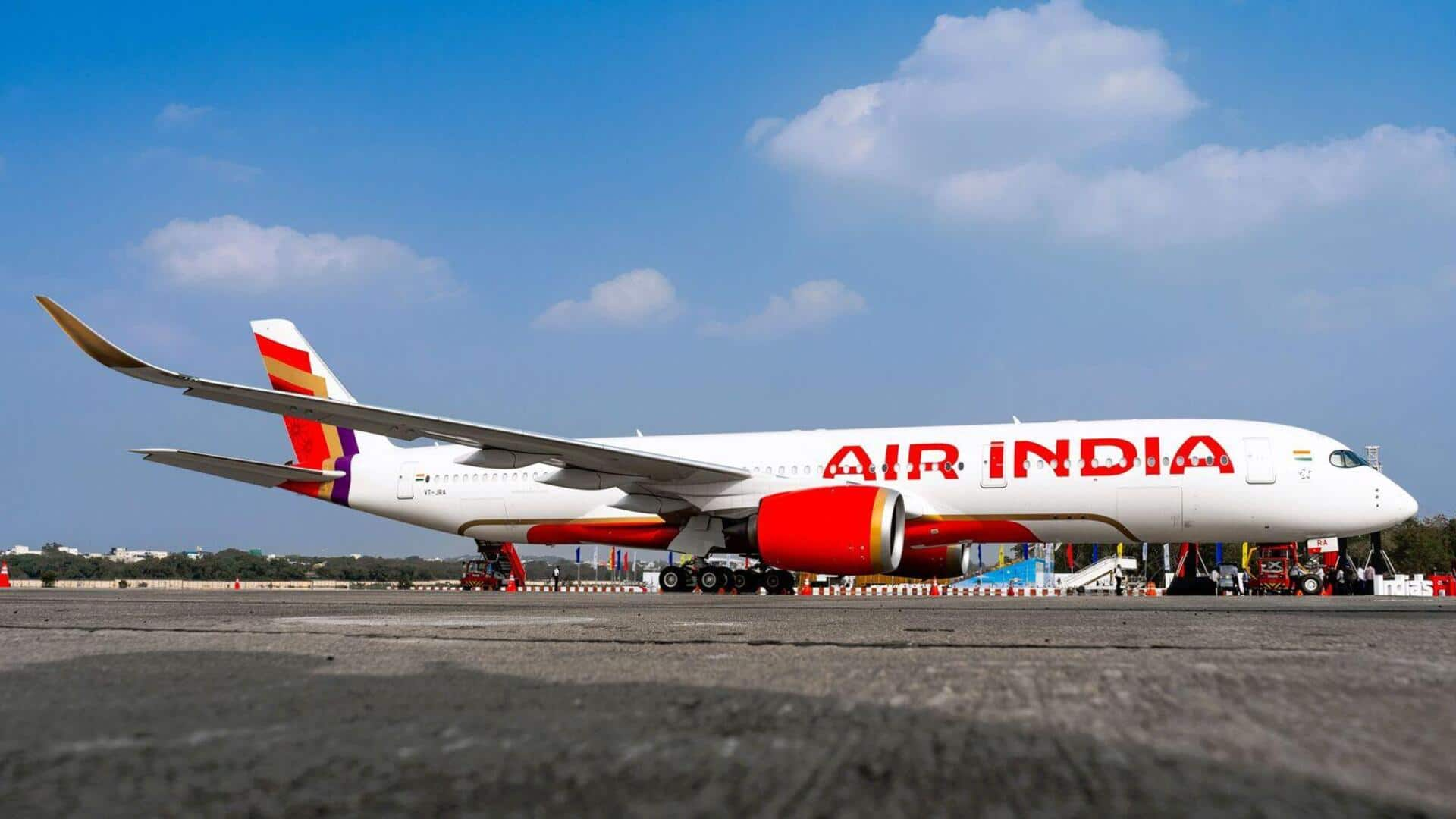
India extends airspace ban on Pakistani airlines until July 24
What's the story
India has extended its airspace ban on Pakistani airlines until July 24. The decision was announced in a fresh Notice to Airmen (NOTAM) issued on Monday. The ban, which has been in place since April 30 after the Pahalgam attack, covers all aircraft owned, operated, or leased by Pakistani airlines, including military flights.
Attack aftermath
Initial end date and reasons for the extension
The ban was initially scheduled to end on May 24 but was extended till June 24. It has now been further extended by another month. The decision comes after the Pahalgam terror attack on April 22, which killed 26 people and strained diplomatic relations between India and Pakistan. In response to the attack, India announced several punitive measures against Pakistan, including discussions around the Indus Waters Treaty and closing the Attari land border crossing, besides launching "Operation Sindoor."
Operational impact
Air India's ultra-long-haul flights making technical stops in Europe
The airspace ban is now affecting around 800 weekly flights of Indian airlines. The closure has resulted in increased fuel burn and operational costs for carriers, as well as complexities with crew and flight scheduling. Flight tracking data reveals that Air India's ultra-long-haul flights to North America are making technical stops at European airports like Vienna and Copenhagen due to the airspace ban.
Financial implications
Air India told government it could lose $600 million annually
During a similar four-month closure in 2019, Indian carriers lost nearly ₹700 crore due to increased fuel consumption and operational challenges. Air India, which operated more west-bound international flights than other Indian airlines, was particularly affected. Now under the Tata Group, Air India has reportedly told the government that a prolonged closure of Pakistani airspace could cost it around $600 million annually.
Industry response
IndiGo and other airlines also affected by the ban
In recent years, other Indian airlines such as IndiGo have expanded their international services using narrow-body aircraft for short- and medium-haul destinations. The continued airspace ban has affected the operational costs of these carriers. This situation is similar to 2019, when Pakistan closed its airspace after the Indian Air Force's Balakot strikes, forcing Air India to make mid-journey stops for its North American routes.